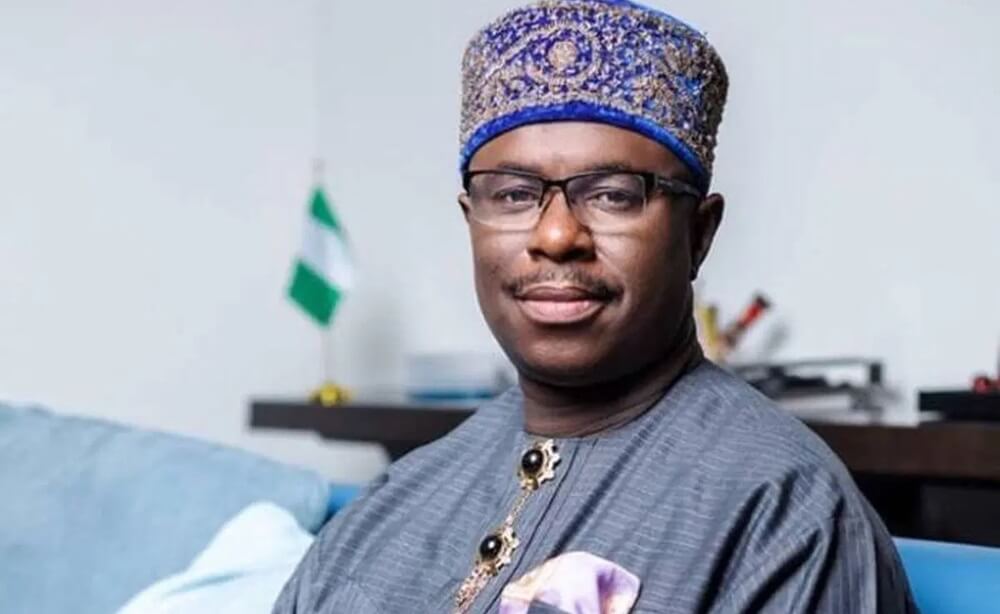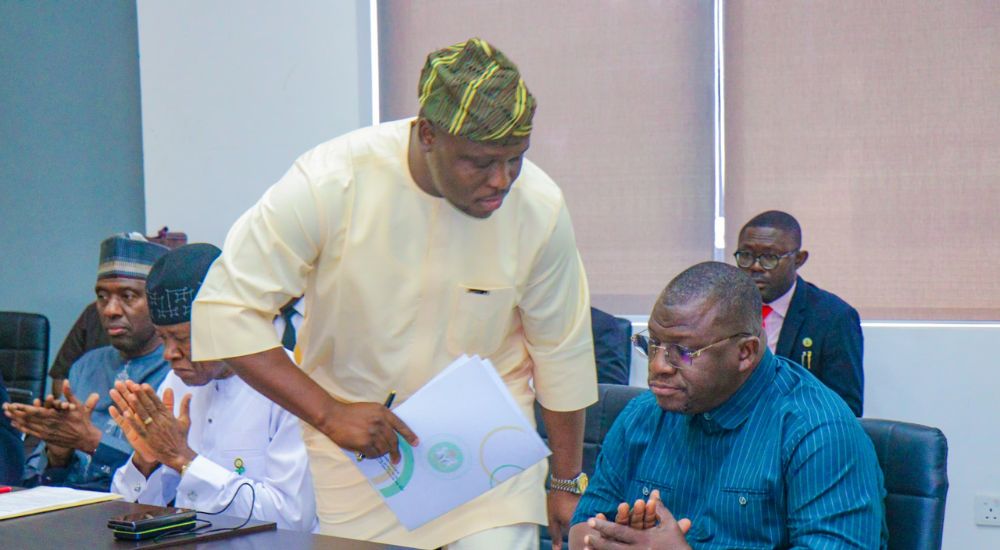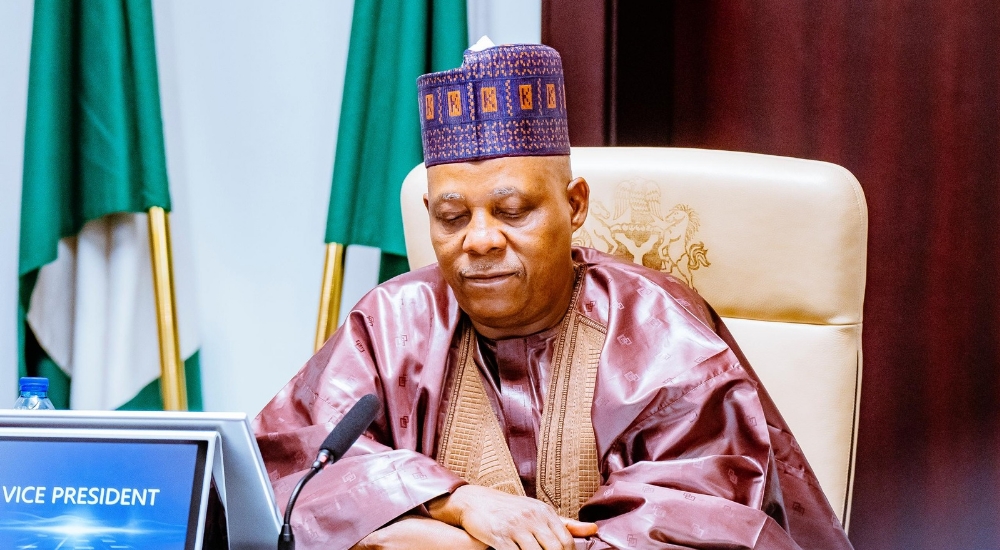Ex-Anglican Secretary-General Urges FG To End killings In Plateau, Benue, Others

Former Secretary General of the Anglican Communion Worldwide, Most Rev. Josiah Idowu-Fearon, has called on the Federal Government to take a more proactive approach to address security challenges across the country.
Expressing concern about the rate of killings in Nigeria, particularly in Plateau, Benue, and the resurgence of Boko Haram attacks in the Northeast states, Idowu-Fearon emphasized the need for a concerted effort to address the security challenges facing the country.
According to Idowu-Fearon, the rate and ease with which human beings are killed in Nigeria seem to be the highest in the world.
The cleric stated this in a Zoom meeting with journalists in Kaduna on Sunday
“The rate and ease with which we kill human beings in Nigeria seem to be the highest in the world. The sad part of this is that we claim to be a very religious people with three religions. None of these religions encourages or permits the killing of another human being the way we are today experiencing in Nigeria,” he said.
Idowu-Fearon, who is also the Founder & President of Kaduna Centre for the Study of Christian-Muslim Relations, urged the government to provide clarity on the security challenges facing the country, saying, “Let the government tell Nigerians how she understands our problem. We will then study and jointly fight as Nigerians. Currently, Nigerians are not united in fighting this crisis as a nation. That means it cannot end.”
The cleric also emphasized the need for cooperation between security agencies and a good working relationship between communities and security agencies.
“We need to encourage our security agencies to work together and share intelligence to effectively combat insecurity,” he said.
“Communities also need to be empowered to provide helpful information to security agencies, and we must stop supplying essential needs to bandits and kidnappers.”
Idowu-Fearon called on church leaders to hold politicians accountable for their actions and to prioritize the welfare of citizens.
He also stressed the need for exemplary leadership within the church, saying, “Leaders must make sacrifices in order to assist their members in living simply and well.”
“In order for church leaders to hold political leaders accountable, they must become apolitical and condemn the religionalisation of politics, and the politicization of religion. Church leaders have no mandate to tell Nigerians what political party to vote for.
“The job of a religious leader is to encourage Nigerians to vote as they choose but to be ready to face the consequences of their choices. Church leaders must avoid the temptation to support political leaders for the financial reward they will receive from the candidate they support,” he added.
On the issue of tax reforms, Idowu-Fearon noted that Nigerians need to see paying taxes as a religious obligation.
“Until we see the payment of tax as a wajib, our rate of development will not improve. Most business people, civil servants, religious leaders, and self-employed individuals hardly pay any tax, and yet, we want everything to be provided for our comfort,” he said.
The cleric further emphasized the need for politicians to prioritize good governance and accountability, saying, “Politicians should change their attitude to governance. The young people are asking for evidence of governance: let there be accountability, transparency, and equity. We desire equal treatment on the basis of qualification, experience, and performance.”
In conclusion, Idowu-Fearon emphasized the need for a concerted effort to address the security challenges facing Nigeria.
“We must stop the politicization of religion in Nigeria in general, and in the Northern States in particular.
“Anyone who has faith in God is a fellow believer. Our religions are different, but religion does not save anyone. Let us together get people of faith to serve Nigerians, and we will see the difference,” he added.
Ex-Anglican Secretary-General Urges FG To End killings In Plateau, Benue, Others is first published on The Whistler Newspaper





